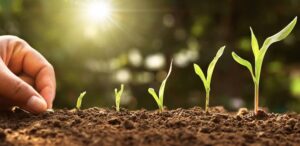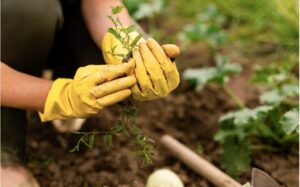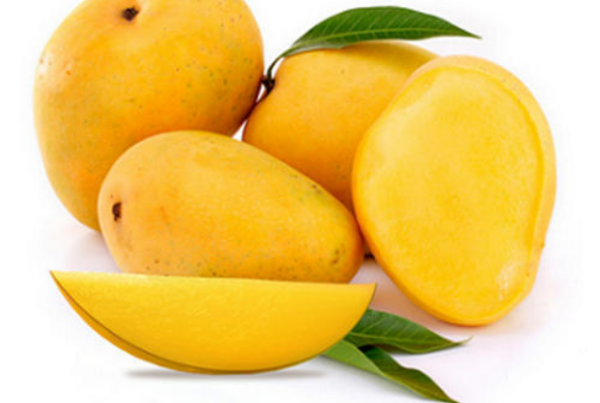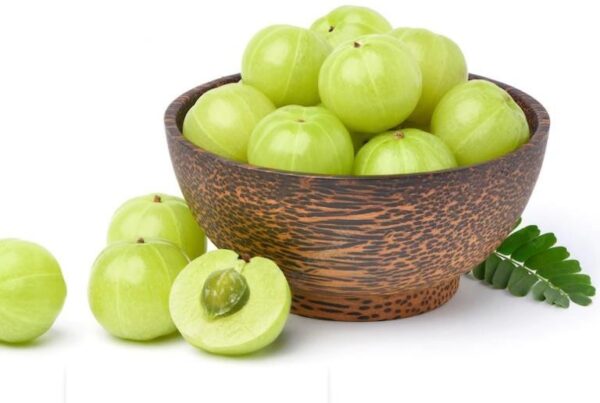
Let’s begin by understanding what Organic Gardening means:
If you are one of those people, who is not aware of what Organic Gardening is? Then, this is the right blog to understand all about it. You can even plan of growing your own Organic Garden after reading this interesting blog which can surely make you go for it.
Organic gardening is essentially done without using synthetic products like fertilizers and pesticides. It involves the use of only natural products to grow plants.
It also replenishes natural resources while consuming them hand by hand without affecting their properties.
In organic gardening, you consider your plants as part of the larger natural system that begins with the soil and includes water supply, wildlife, insects and people.
“A garden is a grand teacher. It teaches patience & careful watchfulness; it teaches industry & thrift; above all it teaches entire trust.”
– Gertrude Jekyll
BENEFITS OF ORGANIC GARDENING
- Reduces the number of Chemicals you and your Family Consumes.
- You get a better taste and save money at the same time.
- Makes your home/terrace/nearby area green and full of fresh Oxygen.
- Helps In Conserving the Environment.
- Reduces Greenhouse Gas Emissions and hence the carbon footprint.
- You can grow more plants in less space.
- The temperature of the area is reduced and so, the surroundings become cool.
OBJECTIVES OF ORGANIC GARDENING
- To produce food of high nutritional quality in sufficient quantity.
- To work with natural system rather than seeking to dominate them.
- To avoid all forms of pollution that may result from agricultural techniques.
- To maintain and increase long term fertility of soil.
- To maintain the genetic diversity of agricultural system and its surroundings, including the plants and wildlife habitats.
“Organic gardening is more than simply avoiding synthetic pesticides and fertilizers, but it is about observing nature’s processes and emulating them in your garden as best you can”.

LET’S LEARN TO BUILD AN ORGANIC GARDEN
Below mentioned is a step-by-step process on how to start an organic garden:
- Prepare the Soil
- You will need to thoroughly prepare the soil on which they will grow if you want your plants to be healthy.
- It is achieved through the continuous addition of organic matter to the soil by using locally available resources in every possible aspect.
- To begin, you will have to test the soil PH.
- You can do this by buying a home testing kit or simply collect some soil samples and send them to the local agricultural extension office for proper testing and analysis.
- Make Good Compost
- You can make the compost at your home easily.
- Compost can be obtained or made from locally available resources such as leaves, grass trimmings, yard garbage/remains, and kitchen waste.
- Alternatively, compost is readily available for purchase from mulch suppliers or organic garden centers.
- Prepare Your Garden
- The next step is to prepare your garden.
- Using available gardening tools, you can carefully prepare your garden. However, it is important to ensure that you do not destroy the soil.
- Choose the Right Plants
- Once you are through with preparing your garden, the next step is to select the right plants for your garden.
- It is important to choose plants that will thrive well in specific micro-conditions of your soil type.
- Carefully choose plants that will thrive well in different spots in your garden in terms of moisture, light, and drainage as well as the soil quality.
“Remember the healthier your plants are, the more and
more resistant your crops will be to attackers”.
- Plant the Crops in Beds
- When planting your crops ensure that you plant them in wide beds.
- Planting them in beds prevents you from walking on them and destroying the soil surface when harvesting or when cutting the flowers.
- Ensure that there is adequate space between the rows.
- This helps in promoting air circulation which helps in repelling fungal attacks.
- Water the Crops
- Once you have planted your crops, the next step is to water them.
- It is good to water the plants immediately after planting them, to enable them to continue growing.
- You can also water them every morning.
- Weeding
- It may be hard work to pull out weeds by hand but then its a good exercise that helps you to get some fresh air.
- Weeds reduce crop yield by competing for water, light, soil nutrients, and space.
- In crops, weeds can reduce crop quality by contaminating the commodity. Weeds should always be carefully removed.
- Provide Nutrients to Your Plants
- When you do organic gardening, you need to look out for eco-friendly ways to protect your plants from toxic pesticides and fertilizers.
- So, you need to make sure that your plants get enough light, nutrients and moisture that help them to grow better.
- Also, a diverse garden would help to prevent pests, by limiting the amount of one type of plant and gives a boost to biodiversity.
- Use of Organic Fertilizers
- As much as organic matter and compost will improve water and nutrient retention in the soil, the supply of all the required nutrients for healthy and productive growth is limited.
- Besides compost, organic gardening requires additional fertilizers drawn from natural sources such as plant products like wood ash, natural deposits, for example, rock phosphate, and animal byproducts as well as manures.
- Taking Care of Your Organic Garden
There are important maintenance tips for your organic garden if you want to maintain or harvest healthy plants. Some of these practices include:
- Mulching
- Watering in the mornings
- Use of compost
- Prune regularly to allow for proper aeration and effective use of nutrients including light.
If you want this world to turn into an Organic one, start from a small level instead of planning big at the beginning i.e., start with your own organic garden and then move on to Larger organic farms.


